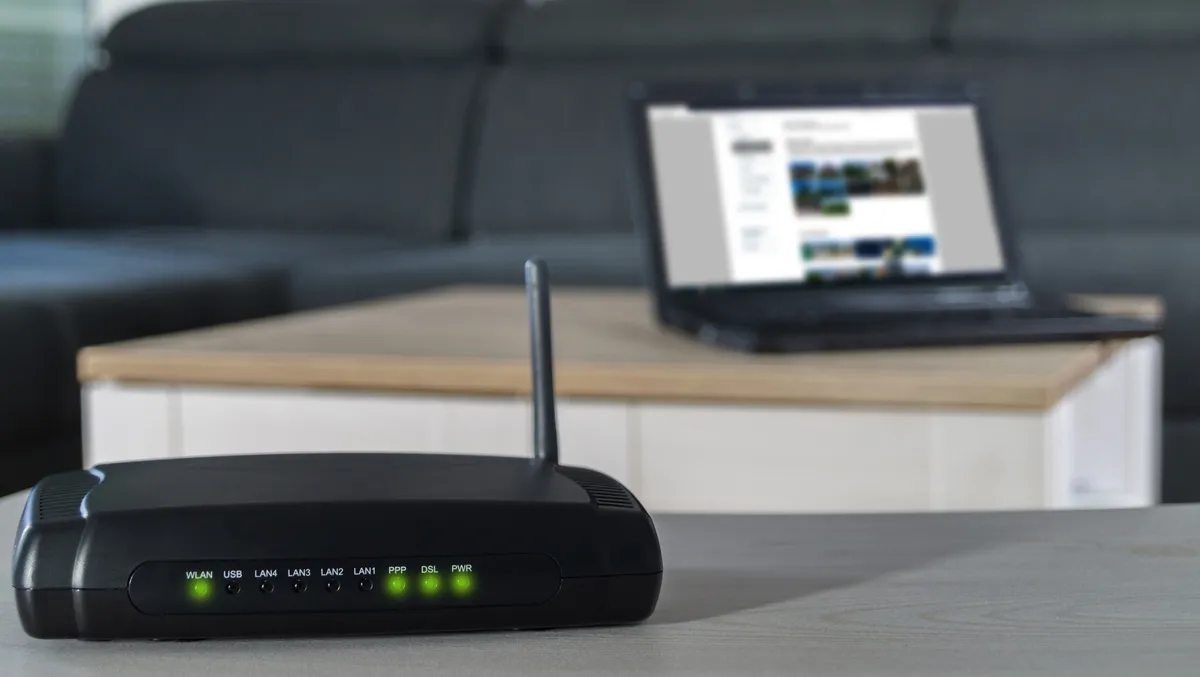
Survey finds Brits do not trust neighbours with Wi-Fi access
Express VPN's recent survey finds that most Brits are unlikely to share Wi-Fi access with neighbours over a lack of trust and skyrocketing broadband prices.
The survey of over 1,000 people across the UK showed that 59% do not trust their neighbours with access to their Wi-Fi.
ExpressVPN found that one in seven (14%) have caught a friend, family member or neighbour attempting to use their home Wi-Fi network to access something 'dodgy' such as a pornography site or the dark web.
Despite half (7%) of these instances leading to a dispute or confrontation, an even higher number of respondents (one in six, 16%) revealed that they, too, had attempted to use someone else's private Wi-Fi network to connect to a dodgy site.
Amidst the cost-of-living crisis and the news that broadband prices will be hiked by 17% for some households, Wi-Fi theft is set to become a growing issue as more Brits look to 'steal' Wi-Fi to save money.
The data shows that 13% of Brits have caught a neighbour trying to connect to their Wi-Fi without permission, and a study from last year showed that more than four million people in the UK have 'hacked' a neighbour's Wi-Fi to avoid fees.
By admission, Brits' bad habits are raising security concerns, too. Three-quarters (74%) have said they are concerned about securing their Wi-Fi network, as nearly a third (31%) admit having saved the passwords for private Wi-Fi networks so they can connect again easily. Furthermore, a quarter (24%) think using someone else's Wi-Fi has compromised their online safety.
Despite fresh privacy concerns around neighbours using private Wi-Fi connections, two-thirds (67%) of Brits do not take measures to protect their home network connection.
ExpressVPN's survey shows this could be due to a lack of understanding of the technology required to protect Wi-Fi: two-thirds (66%) are unfamiliar with Wi-Fi encryption protocols, like WEP, WPA and WPA2, and 13% admitted that they find VPNs and DNS too complicated.
As a result, some people are turning to more 'unique' methods to deter piggybacking neighbours. One in 20 (4%) revealed that they had changed the name of their Wi-Fi network to discourage unauthorised access.
Some creative Wi-Fi names found by ExpressVPN's survey include 5G Test Mast, TV Licensing Surveillance, Virus infected Wi-Fi and The FBI. Others took a more aggressive approach to deter access.
More than one in 10 (11%) also admitted that they had changed their Wi-Fi name because they found it funny or reflected their sense of humour. However, renaming your Wi-Fi to something 'off-putting' or humorous could lead to more unwanted attention, as 17% of Brits said they would be more likely to try and join a Wi-Fi network if it had a humorous name.
Lauren Hendry Parsons, Privacy Advocate for ExpressVPN, says: "As broadband prices surge across the UK, more and more people will look for crafty ways to pinch the pennies."
"But Brits are right to be concerned about the security implications; accessing someone else's Wi-Fi, or vice versa, can lead to malware infections or even identity theft. So always think twice about who's connecting to your Wi-Fi and who you have handed your password to in the past."
"Changing your Wi-Fi name to something humorous won't do much to deter access, but fortunately for the jokesters, it isn't necessarily a security issue, assuming it doesn't reveal any personally identifiable information."
"Instead, equipping your connection with extra security precautions, such as a VPN to disguise internet traffic, and ensuring it utilises Wi-Fi encryption protocols, ideally WPA2, is essential," says Parsons.
To improve Wi-Fi safety standards, ExpressVPN recently launched Aircove in the UK. Aircove is the world's first Wi-Fi 6 router with built-in VPN protection. Aircove lets users protect and encrypt every device in their homes within minutes. This includes smart TVs, voice assistants and other smart home devices that aren't usually compatible with VPN software.


